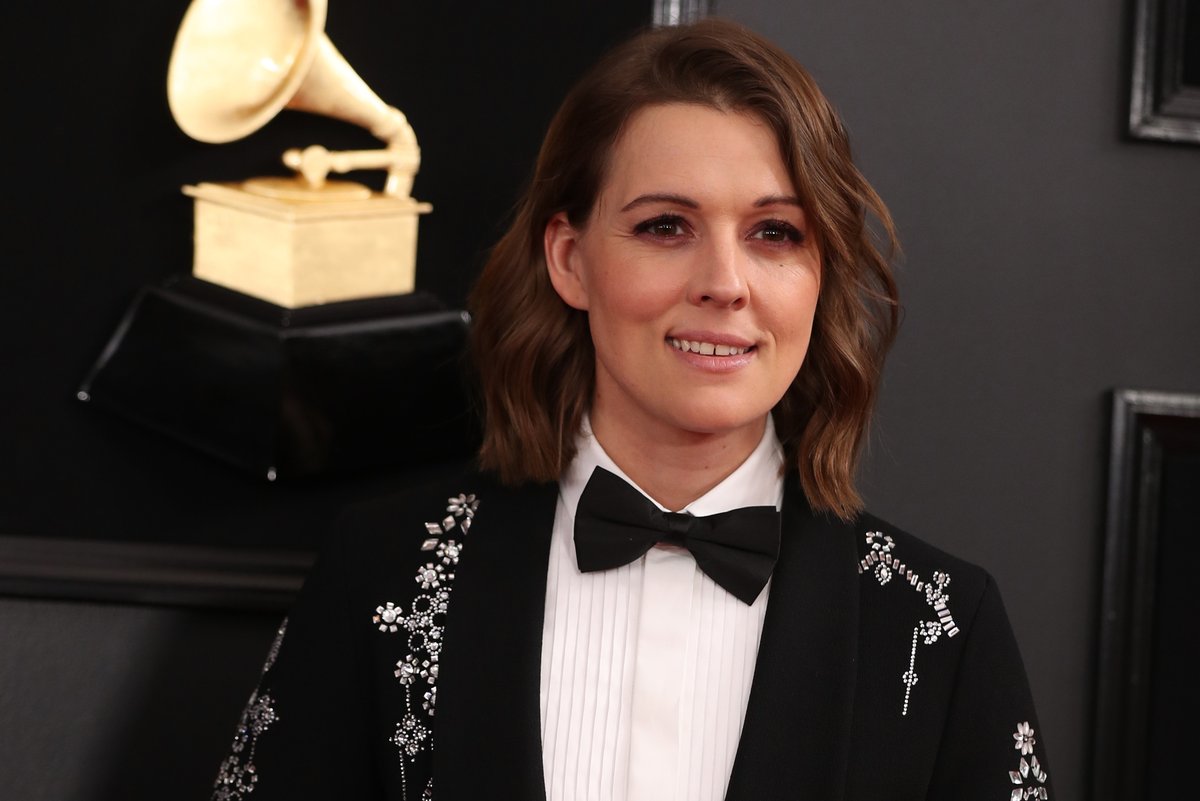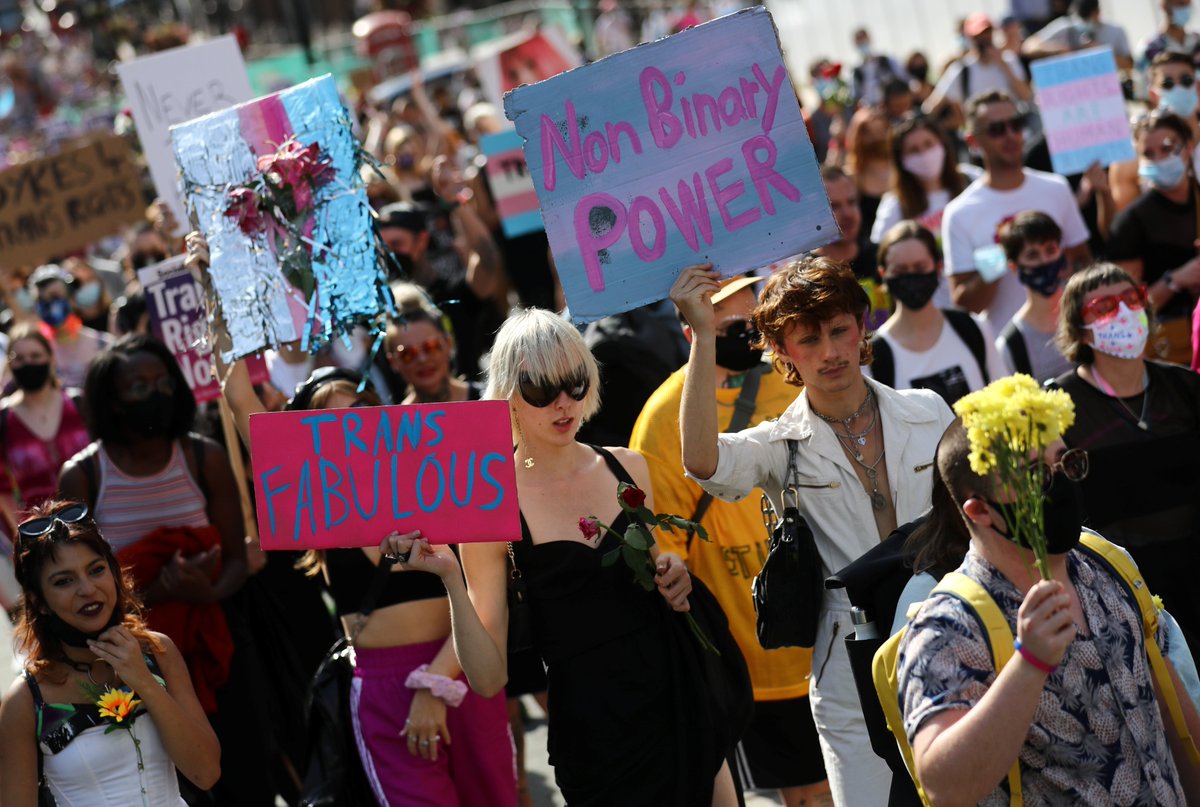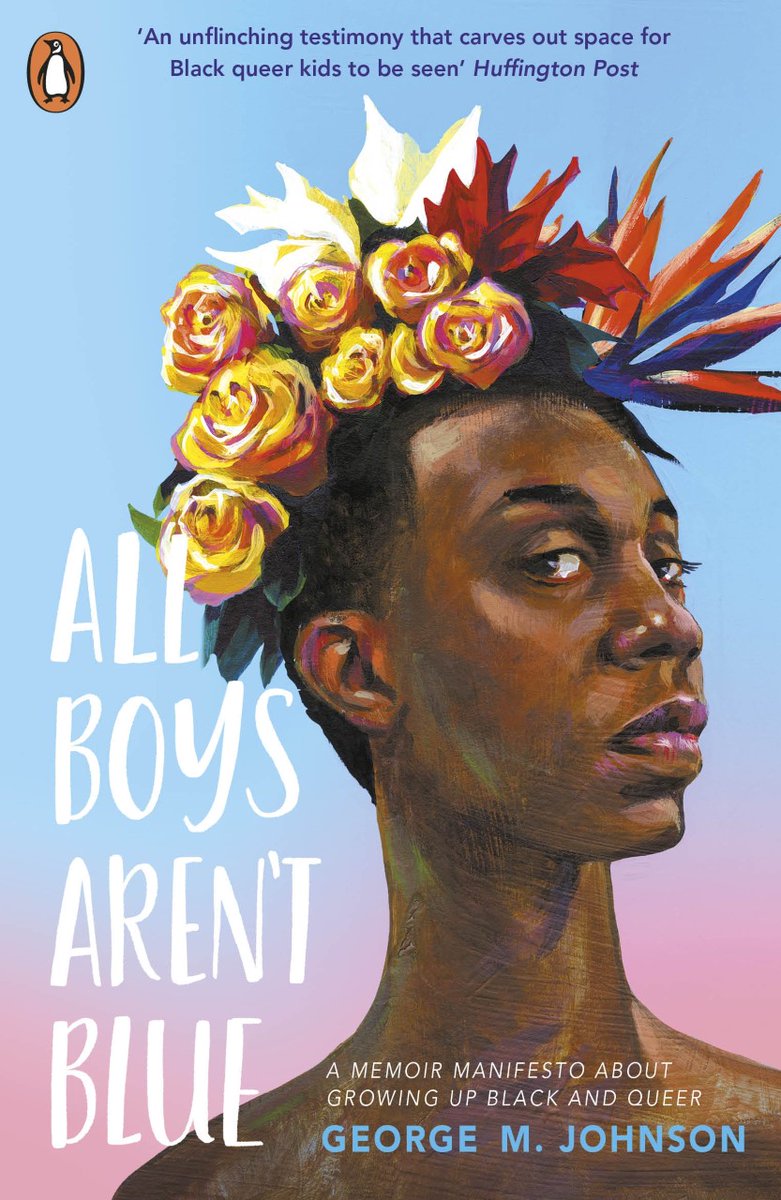#OnThisDay 40 years ago the first cases of AIDS were reported in the US 🇺🇸, marking the start of the HIV/AIDS epidemic.
This is the story of how HIV spread around the world - and how it affected the LGBT+ 🏳️🌈 community 🧵.
#AIDSat40
This is the story of how HIV spread around the world - and how it affected the LGBT+ 🏳️🌈 community 🧵.
#AIDSat40

Let’s rewind: What are HIV & AIDS?
HIV is a virus that attacks the body's immune system, spreading through certain bodily fluids. Untreated it can lead to AIDS, a set of life-threatening infections and illnesses.
There is still no cure for HIV, but effective treatments exist 💊
HIV is a virus that attacks the body's immune system, spreading through certain bodily fluids. Untreated it can lead to AIDS, a set of life-threatening infections and illnesses.
There is still no cure for HIV, but effective treatments exist 💊

It’s thought that HIV spread from chimpanzees to humans around 1920 in DR Congo 🇨🇩, as the animals were hunted and their infected blood came into contact with humans.
We now know that HIV was present in the US from at least the mid-70s.
We now know that HIV was present in the US from at least the mid-70s.

Today, over 1 million cases are reported globally each year. But early on the LGBT+ 🏳️🌈 community, especially gay and bisexual men and trans women, were disproportionately impacted in the West. 

The first cases of AIDS were reported in 1981 – all among gay men in Los Angeles, San Francisco and New York.
By the end of the year, there were 337 reported cases of what was then known as “gay-related immune deficiency”. 130 people had died.
By the end of the year, there were 337 reported cases of what was then known as “gay-related immune deficiency”. 130 people had died.

Four years later, there was at least one reported AIDS case in every region of the world. By the end of 1985, there were over 20,000 cases globally – the majority in the U.S.
One of the victims was actor Rock Hudson – the first celebrity death of AIDS-related causes.
One of the victims was actor Rock Hudson – the first celebrity death of AIDS-related causes.

Another celebrity who brought attention to HIV/AIDS was Princess Diana 👑
When she opened the first HIV ward in a British hospital in 1987, she was famously photographed holding hands with an AIDS patient, challenging the unfounded fear of transmission through casual contact.
When she opened the first HIV ward in a British hospital in 1987, she was famously photographed holding hands with an AIDS patient, challenging the unfounded fear of transmission through casual contact.

Also in 1987, the American FDA approved the anti-HIV drug AZT – the first treatment for HIV.
Simultaneously, activist group @actupny was set up, with Larry Kramer as a founding member. In 1989 they chained themselves to the NYSE, protesting AZT's high price 💰.
Simultaneously, activist group @actupny was set up, with Larry Kramer as a founding member. In 1989 they chained themselves to the NYSE, protesting AZT's high price 💰.

Eventually, new treatments became available. In 1995, highly active antiretroviral treatment (HAART) was introduced.
It immediately brought down death rates dramatically – at least in higher-income countries. Africa and Asia were now the regions struggling with most new cases.
It immediately brought down death rates dramatically – at least in higher-income countries. Africa and Asia were now the regions struggling with most new cases.
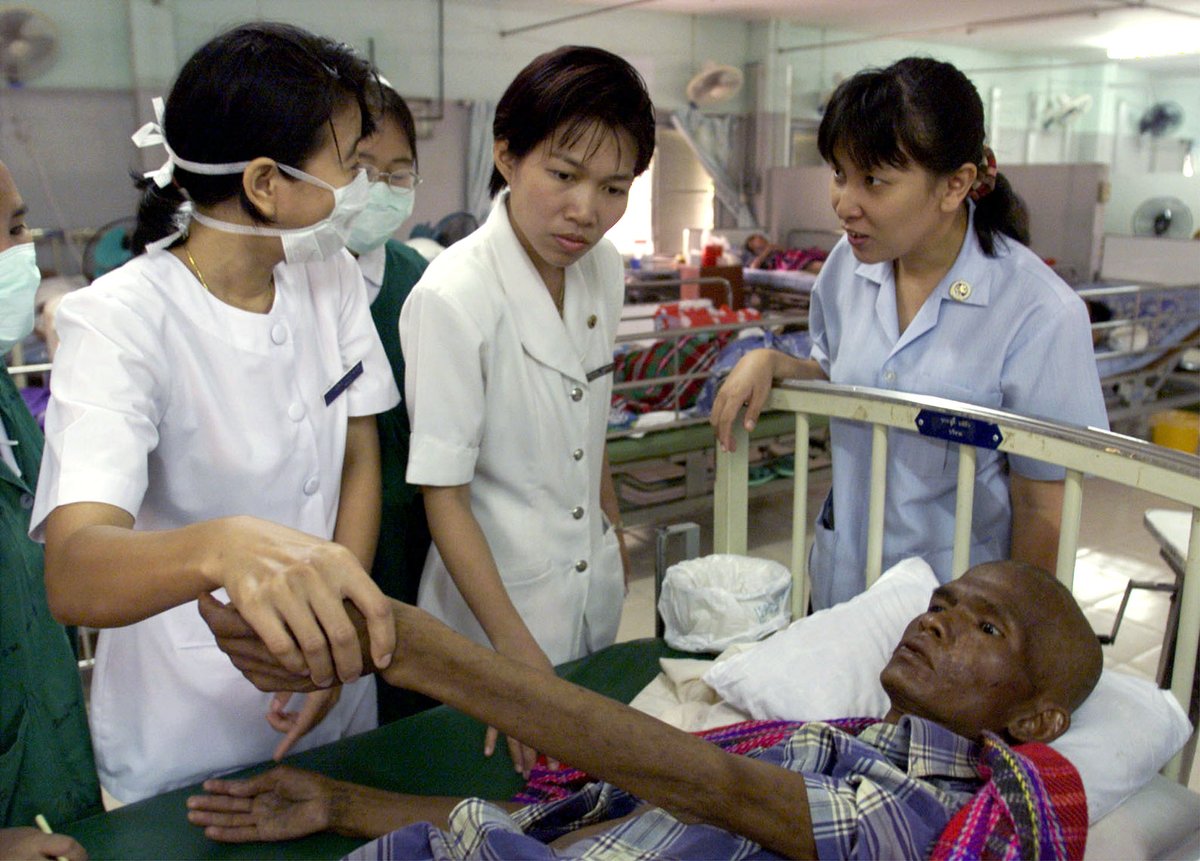
What started out as a virus that spread within gay communities in the US had now taken a global hold
The @WHO announced in 1999 that AIDS was the 4th largest cause of death globally – in Africa it was number 1 – and that 14 million people had died since the start of the epidemic
The @WHO announced in 1999 that AIDS was the 4th largest cause of death globally – in Africa it was number 1 – and that 14 million people had died since the start of the epidemic

AIDS-related deaths began to fall in 2004. But many LGBT+ people still feel trauma from losing a generation. Stigma remains widespread.
It wasn’t until 2009 that US President Barack Obama lifted the travel ban for HIV+ people entering the U.S. – 22 years after its introduction.
It wasn’t until 2009 that US President Barack Obama lifted the travel ban for HIV+ people entering the U.S. – 22 years after its introduction.

In 2012, the U.S. approved PrEP – a daily pill that reduces the chance of getting HIV from sex by 99% 💊.
Almost 80 countries followed suit and infection rates have fallen where it is used. HIV drugs now suppress the virus too, so it cannot be passed on.
Almost 80 countries followed suit and infection rates have fallen where it is used. HIV drugs now suppress the virus too, so it cannot be passed on.

Despite the advances in treatment and prevention, gay men are still barred from donating blood in many countries even though the science suggests they can do so safely 👇
Since 1981, 34.7 million people have died from AIDS-related causes.
But where are we today? In 2020:
👉 37.6 million people globally were living with HIV
👉 1.5 million people became newly infected with HIV
👉 73% of all people living with HIV were accessing treatment
But where are we today? In 2020:
👉 37.6 million people globally were living with HIV
👉 1.5 million people became newly infected with HIV
👉 73% of all people living with HIV were accessing treatment
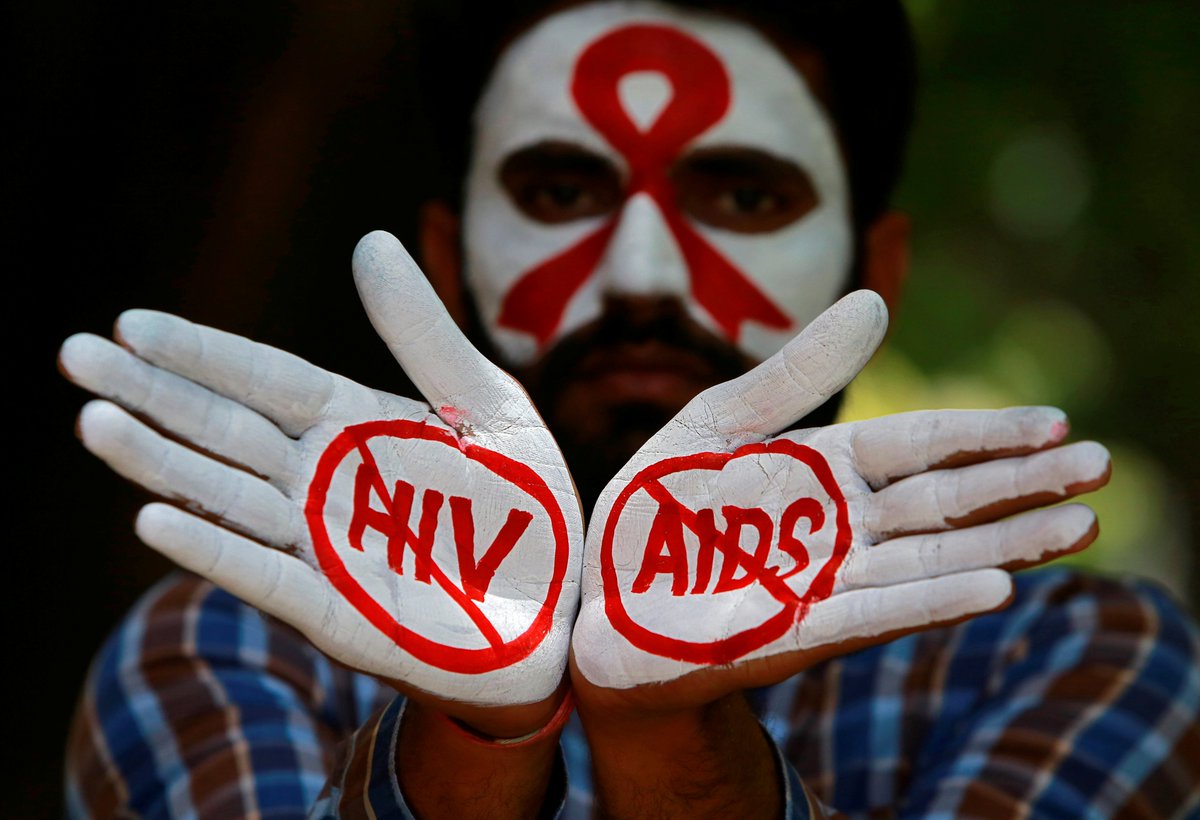
At @Openly, our mission is to deliver fair, accurate and impartial news and information about the LGBT+ community 🏳️🌈 to people around the world.
Was any of this information new to you?
Was any of this information new to you?

• • •
Missing some Tweet in this thread? You can try to
force a refresh



